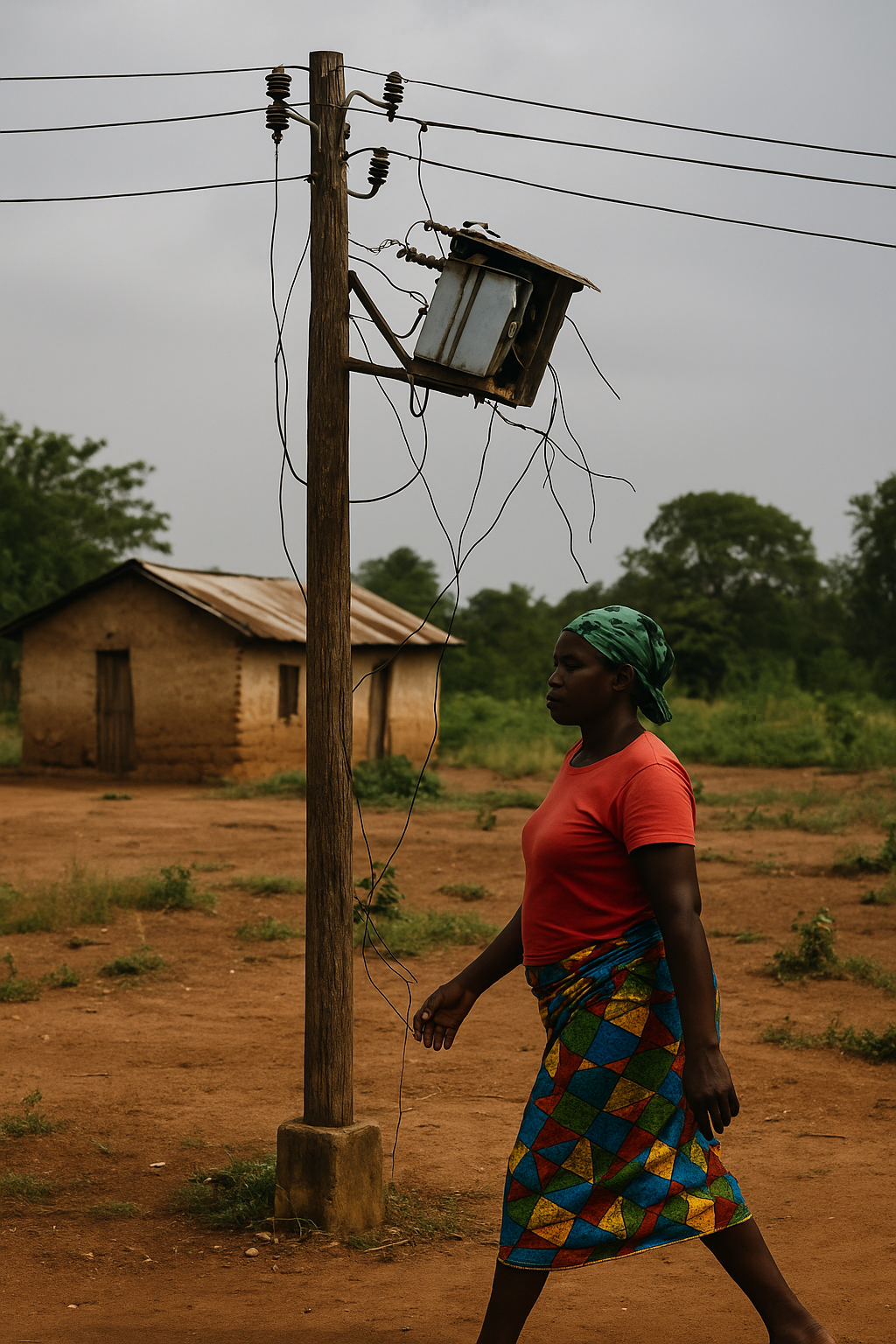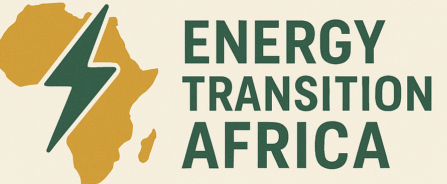Pledges and Power Cuts: How Climate Finance Is Failing Africa

The promises came wrapped in billion-dollar ribbons.
At COP summits, in glossy brochures, and during press conferences, world leaders pledged hundreds of billions for Africa’s clean energy future. But in the villages of Malawi, the suburbs of Lagos, or the rural Sahel—solar panels are missing, electricity remains scarce, and hope is wearing thin.
So we must ask: is climate finance in Africa real—or just another chapter of climate fiction?
The Numbers Tell a Stark Story
The African Development Bank estimates Africa needs $2.7 trillion by 2030 to meet its climate goals. Yet according to the Climate Policy Initiative, the continent received less than $30 billion annually in climate finance between 2019 and 2021. That’s barely 12% of what’s required.
Worse still, more than 70% of that finance came in the form of loans, not grants, pushing already debt-strained economies further into crisis.
A 2024 study by Power Shift Africa calls this the “debt-for-climate trap”—where African nations must borrow to fight a crisis they barely caused.
What’s Actually Being Funded?
Despite fanfare around South Africa’s Just Energy Transition Partnership (JETP), implementation has been riddled with delays and diplomatic tensions. Meanwhile, countries like Ghana, Mozambique, and Zambia are being encouraged to invest in solar and wind—but the bulk of money still flows toward consultants, reports, and pilot projects instead of transformers, transmission lines, and local jobs.
In Nigeria, the $750 million World Bank Distributed Access fund is promising, but civil society groups like BudgIT warn of weak transparency mechanisms and minimal community engagement.
The Real Cost of Broken Promises
When climate finance doesn’t show up—or shows up late and in debt form—the consequences are real:
- Communities remain in darkness
- Local industries stagnate
- Trust erodes in multilateral institutions
This isn’t just about electricity—it’s about dignity, development, and justice.
What Civil Society Demands
Africa's civil society isn’t asking for charity. We’re asking for fairness:
- Grants over loans
- Local voices at the table
- Accountability mechanisms
- Link climate finance to capacity building.
The Bottom Line
Africa doesn’t need more climate fiction. It needs climate justice.
